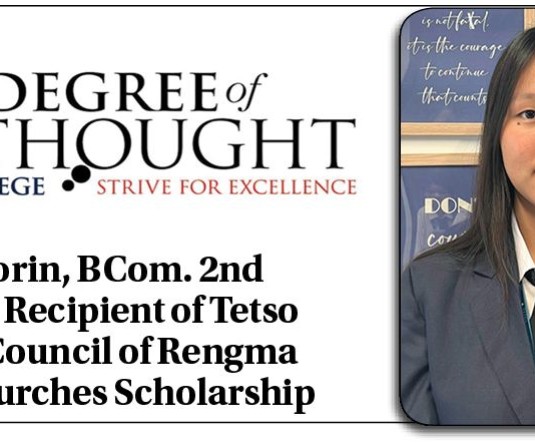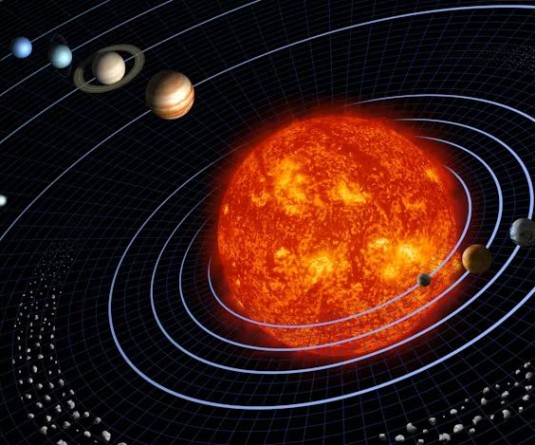
“India is a democracy. D-E-M-O-C-R-A-C-Y. India is a democracy.”
In school, I had to memorise that India is a ‘democracy’. I hated the word. The spelling was much too complicated for me to remember. Years later, I understood what it really meant; that the Indian government was of the people, by the people, and for the people. We had a say in the running of the country; a shared responsibility in making India realise its full potential and soar towards an optimistic future. We are all shareholders…at least that’s what my 6th-grade teacher explained to us.
Of late, I cannot help but wonder, is it enough to just call ourselves a democracy? We know that our government is of the people and by the people, but is it really ‘for’ the people? Are we taken into account, are our lives considered when huge decisions are made at the centre which affects everybody? Indian Prime Minister Narendra Modi made everyone’s heart skip a beat in 2015 when he said that he had signed a ‘historic’ Peace Accord with the NSCN. The only thing that I believe makes this peace accord a historic one is the fact that no one knows the details of the accord! Opposition leader Rahul Gandhi in a parliamentary session stated that the Prime Minister had not consulted with any of the Chief Ministers under whose jurisdictions the NSCN functions. It’s an accord which (being an eternal optimist, I believe positively) affects the society, and yet, we know nothing about it. Why the secrecy?
I like Narendra Modi. He is like a dramatic character of an Ekta Kapoor soap opera who loves making shocking announcements out of nowhere. In November 2016, our Prime Minister in an unscheduled televised address told the nation that all `1000 and `500 were worthless from here on (cue the thunder, and zoom in on all faces). An article published by the DNA newspaper attributed 55 deaths to demonetization. Apart from disrupting everyday life, the government now, to a great extent, controls how we spend our own money. The ones who are actually suffering are the common people, the ‘janta’ who thought that the government was for them.
We are not as independent as we might think we are. Banning beef in several states of ‘secular’ India, and actually investing state resources to uphold this law is absolutely ridiculous. Yes. Rape by a spouse is not a punishable offence in India, but beef eaters in many states are liable to be imprisoned for more than 5 years, as well as pay hefty fines. Makes one perfectly speechless! The law protects cows in India, and yet those who are raped by their husbands lie in the dark, writhing in pain, keeping their mouths shut since the law doesn’t even recognise what happens to them is a crime. According to the law, Indian husbands can only be ‘violent’ towards their wives. Marital rape is thus seen as an act of violence, and a punishment not worthy of the crime is meted out.
When it comes to rape, male survivors have it worse. Indian law does not even recognise male rape. This does not mean that men in India have not been raped. It’s more common than one might assume. There are several reported cases on online news portals and many other unreported ones. Yet, the Supreme Court of India found it more necessary to pass laws making which made it compulsory for movie theatres in India to play the national anthem. This was done with an aim to make Indians more patriotic. Yes, because listening to Jana Gana Mana just a few minutes before Sunny Leone starts gyrating on-screen totally makes everyone patriotic! The Indian legal system is yet to punish a criminal guilty of raping a man, and yet, according to a report published by NDTV, 20 had been arrested for not standing up while the national anthem was being played in a movie hall, within two days of this law being passed. We need to set our priorities right!
In August 2016, the Union Cabinet of India cleared a draft bill which denied homosexuals from having surrogate children. Sushma Swaraj, the Minister of External Affairs stated, “We do not recognise live-in and homosexual relationships….this is against our ethos.” The government of India submitted figures to the Supreme Court in 2012, according to which, there were about 2.5 million gay people recorded in the country, and these are only the ones who are out of the closet. There are thousands of others who keep their identities hidden for fear of discrimination. Are we really going to close our eyes and ignore the LGBT community? What good are traditions if they make people miserable, and for no good reason? If we are truly a democracy, with a government ‘for’ the people, why is homosexuality still criminalised in India?
India is the largest democracy in the world, and while we are better off than North Korea in terms of the rights given to citizens, we have a long way to go. Yes, the Indian Government is of the people, and by the people, but not always is it ‘for’ the people, and that I feel is a huge violation. Rules are good, but if these rules are actually hindering progress and everyday life, what good are they? Instead of pelting us down with water cannons and tear gas, listen to our demands!
So they may teach children in schools that ‘India is a democracy’, but I know the truth, and so do you!






